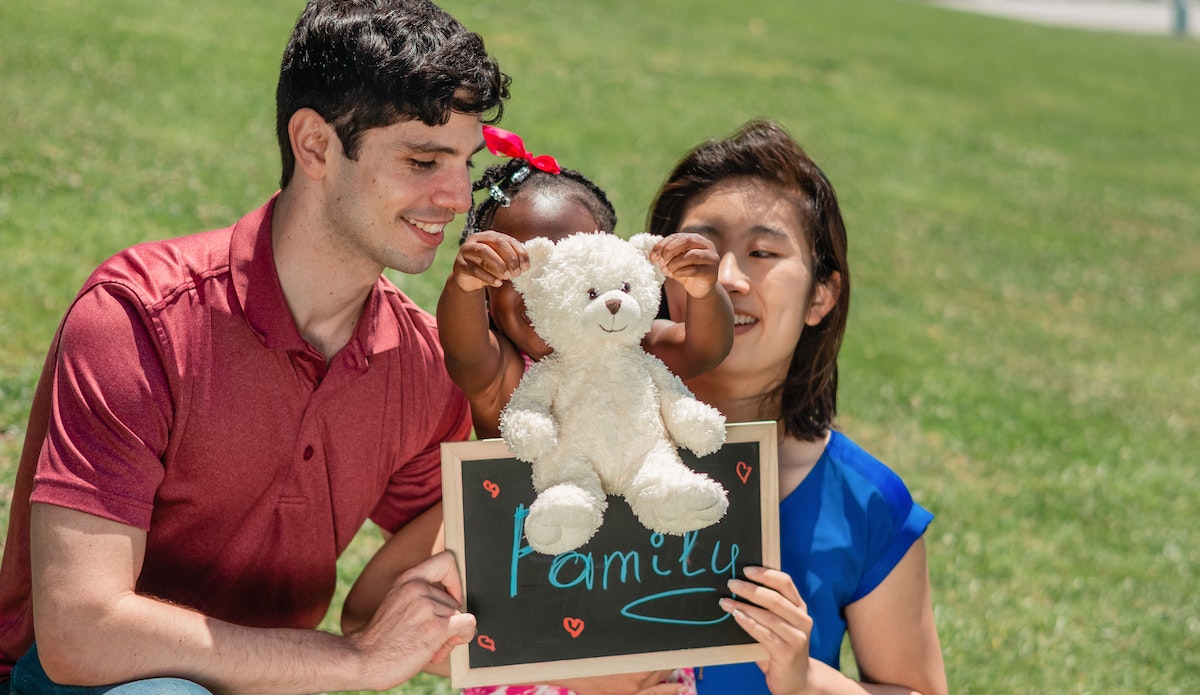Many foster children have experienced trauma in their lives. This may make them reticent and reluctant to participate in group activities. Others may have been the victims of extreme neglect and are starving for participation in the world. As a foster parent, you will need to understand your foster children’s backgrounds, interests, and personalities to determine the most suitable ways to involve them.
For children to reach their full potential, they should be engaged in enrichment activities beyond school and homework projects. These should build bodies and minds, offer opportunities for socialisation, and strengthen the bond between foster kids and their foster families. These tips will guide you in maximising their potential.
Table of Contents
Give Foster Children a Voice
Children who have been abused have probably suffered under excessive control and demands. To develop self-esteem, they need to be given choices and regain a sense of being in charge of their own lives. Foster kids need to matter in their own rights. This will result in them reaching adulthood with inner self-determination that enables them to have a stable, fulfilling life and be loving parents to their kids one day. Even physically disabled foster kids can learn to lead more independent, enriched adult lives.
Don’t simply enrol foster kids in sports, art, drama, or music programmes and tell them what they will be attending and when. Gather brochures and other materials for a sit-down discussion where you ask foster children whether any of these activities appeal to them. If they display interest in an activity, make a list together of any special clothing or equipment that will be needed and take foster children with you when you make these purchases.
Summer Activities
Most fostering agencies, such as thefca.co.uk provide enrichment and support activities for foster children and their foster families. Make time for day trips and other summer activities with your foster child.
When the foster agency arranges summer activities, foster parents may not be included. Focus attention on what the child will gain from the outing, such as the activities on offer and the chance to make new friends. Provide a journal and ask the child to record their experiences to share with you once they are home. Be sure to tell them how much you will miss them.
Family Outings

Learning how to be part of a family can also be considered an enrichment experience. Planning day trips to the beach, museum, aquarium, etc., can be fun-filled events for the whole family. If possible, aim for one such trip every month. Allow extra cash for treats, snacks, and cool drinks. Make sure your foster child has a bathing suit and beach towel of their own.
Life Orientation
Older foster kids would benefit from life orientation courses with their peers. Learning to manage money, a budget, and a household of their own are useful skills for any teenager. You can support this by giving them an allowance and helping them to open a bank account.
Career advice and a chance to receive training at a company they would like to work at will help prepare your foster children for their futures.
Life orientation starts with toddlers. Teaching them to recycle in fun ways, clean up after themselves, and help with chores are all important life lessons. Taking care of pets and creating a vegetable garden will teach them to be caring, nurturing people. Pride in picking vegetables they have grown is a wonderful experience you can share with them.
Fostering children provides many opportunities to create shared, happy memories that will afford them a solid mental and emotional foundation in life.

Alex is fascinated with “understanding” people. It’s actually what drives everything he does. He believes in a thoughtful exploration of how you shape your thoughts, experience of the world.


